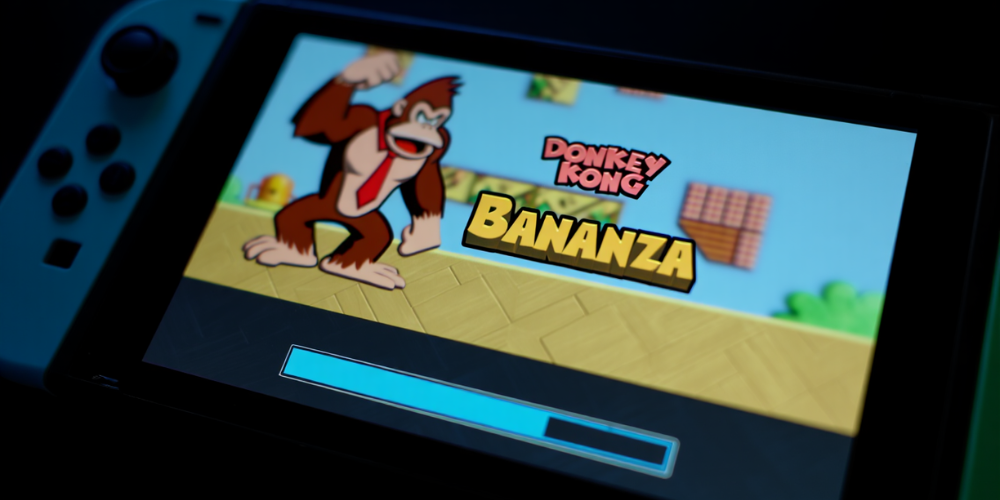Donkey Kong Bananza Highlights Major Limitations of Switch 2 Game Compatibility
2025-07-18

Donkey Kong Bananza, the anticipated addition to the legendary platforming series, has unexpectedly spotlighted a crucial debate over backwards compatibility as Nintendo enthusiasts gear up for the release of the Switch 2. The excitement over new hardware is clouded by recent revelations: Donkey Kong Bananza’s physical cartridge does not include the updated Switch 2 firmware. This fine print becomes significant as it means that fans wanting to play compatible Switch 1 games on the upcoming device will be compelled to connect to the internet to secure needed system files. For some, this is merely a technical snag, but for others, it highlights the underlying tension between preserving accessible gaming experiences and the practical realities of digital infrastructure. The Donkey Kong title inadvertently raises pressing questions about how future-proof Nintendo’s vision for cross-generational gaming really is.
Main Part
Historically, Nintendo is known for user-first innovation, from cartridge-based save systems to carefully considered hardware backwards compatibility. Many gamers expected seamless physical-to-physical game transitions on Switch 2, but the absence of required firmware on the Donkey Kong Bananza cartridge has been an unpleasant surprise. In previous generations, late-stage releases sometimes shipped with updated system software, allowing new games to act as bridges between console models, even offline. In this case, Nintendo’s decision not to include the Switch 2 firmware on the cartridge sets a precedent: new physical games may no longer serve as that bridge. For players in areas with unreliable or costly internet, the resulting restrictions significantly impact both the joy and practicality of the gaming experience, raising alarms about inclusivity and future game access.
The implications reach beyond short-term inconvenience. As gaming increasingly straddles the line between digital and physical, preservationists worry about the long-term playability of beloved titles. Old games historically worked out-of-the-box thanks to onboard firmware. The move with Donkey Kong Bananza, by requiring digital downloads just to enable backwards compatibility, potentially undermines the permanence and collectability of physical games. As a result, the community worries that the physical/digital divide is eroding trust in the reliability of game ownership. This approach places more barriers between players and their cherished libraries, especially as internet outages, discontinued services, or locked regional access could one day render even legitimate purchases unplayable without a workaround or patch.
Nintendo’s strategy could be seen as reflective of larger industry trends, where cloud-based updates or streaming services become the norm. However, Donkey Kong Bananza’s situation is a visceral example of why many players and conservationists fight to maintain genuine offline compatibility. Digital-first strategies might serve efficiency or reduce piracy, but they also risk excluding entire audiences who collect games or experience connectivity challenges. Furthermore, this decision touches a nostalgic nerve for those who value the tactile tradition of game cartridges, which have historically been a symbol of ownership, longevity, and direct accessibility in the medium. Nintendo’s disruption of this tradition feels momentous to many loyal fans.
Conclusion
The furor surrounding Donkey Kong Bananza's lack of onboard Switch 2 firmware isn’t just another fleeting controversy—it’s a powerful marker of changing gaming priorities. For many, the incident underlines the importance of platform holders safeguarding both preservation and widespread access, even as innovation races ahead. Nintendo’s actions with this release invite reflection on where the balance should lie between digital convenience and the foundation of simple, accessible play that’s defined generations of gaming. As the Switch 2 approaches, players and industry stakeholders alike hope for clearer communication and stronger solutions. Ultimately, the conversation sparked by Donkey Kong Bananza could guide Nintendo—and the entire gaming community—towards preserving playability and ownership in a rapidly digitizing landscape.






